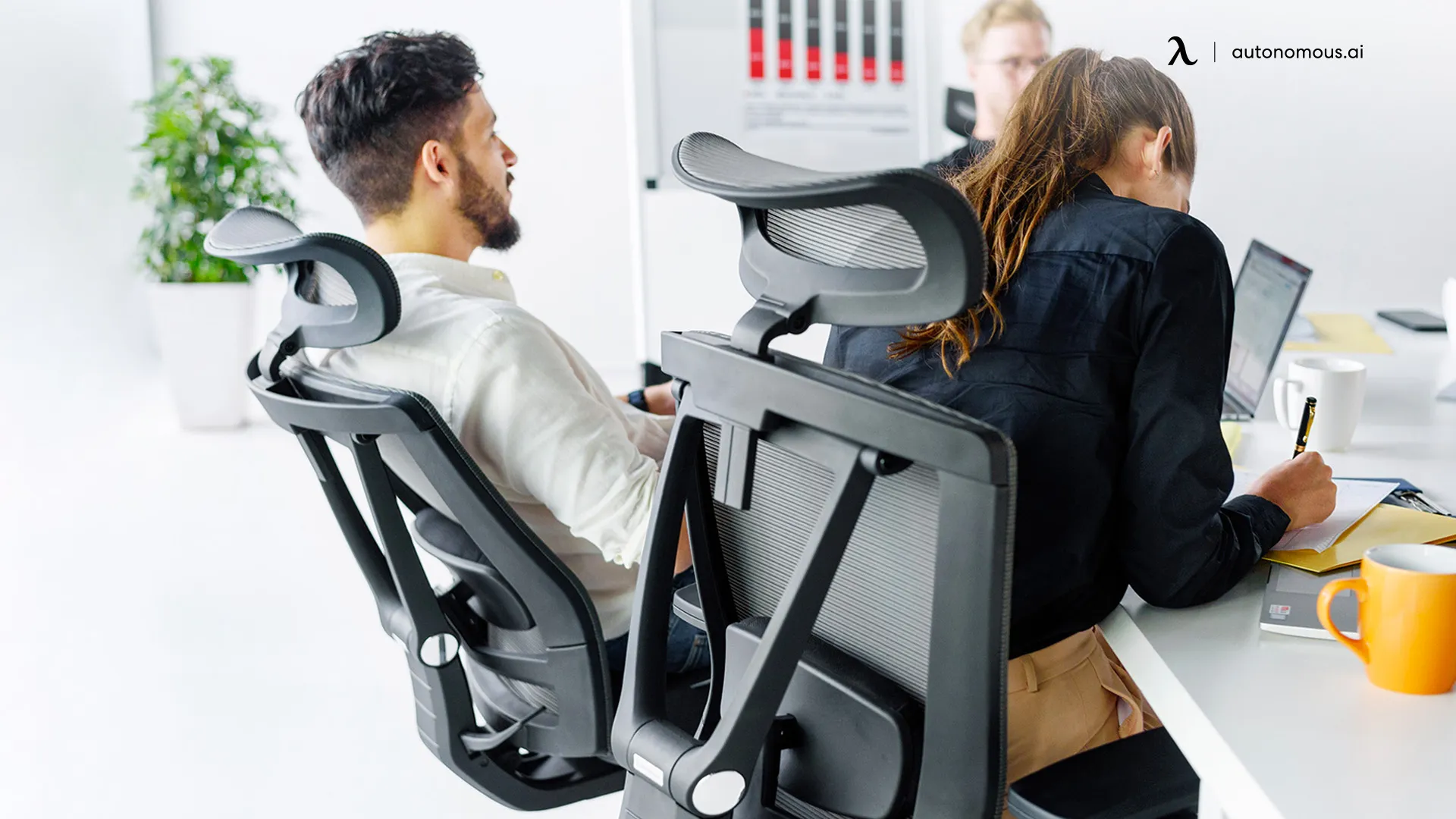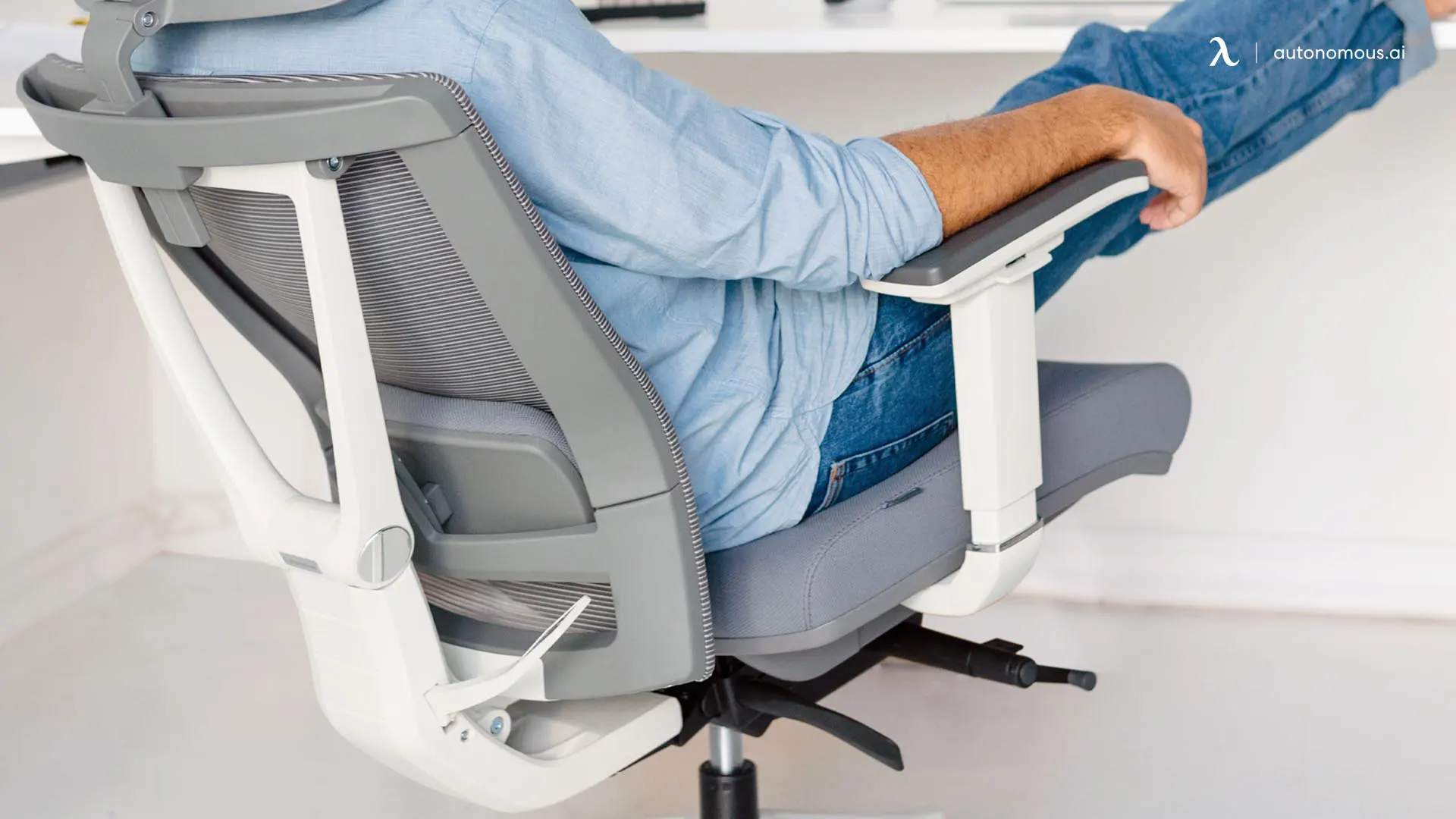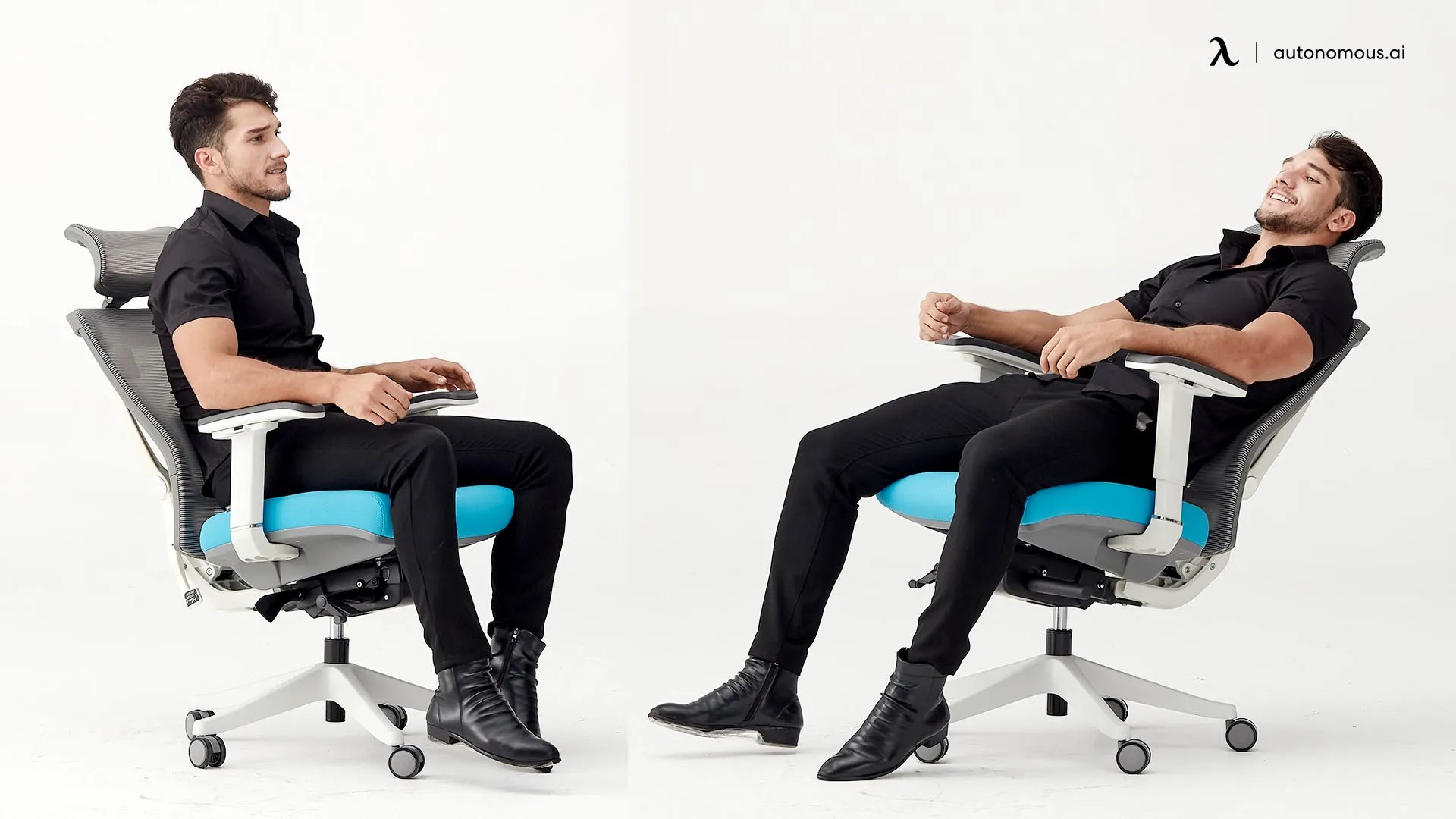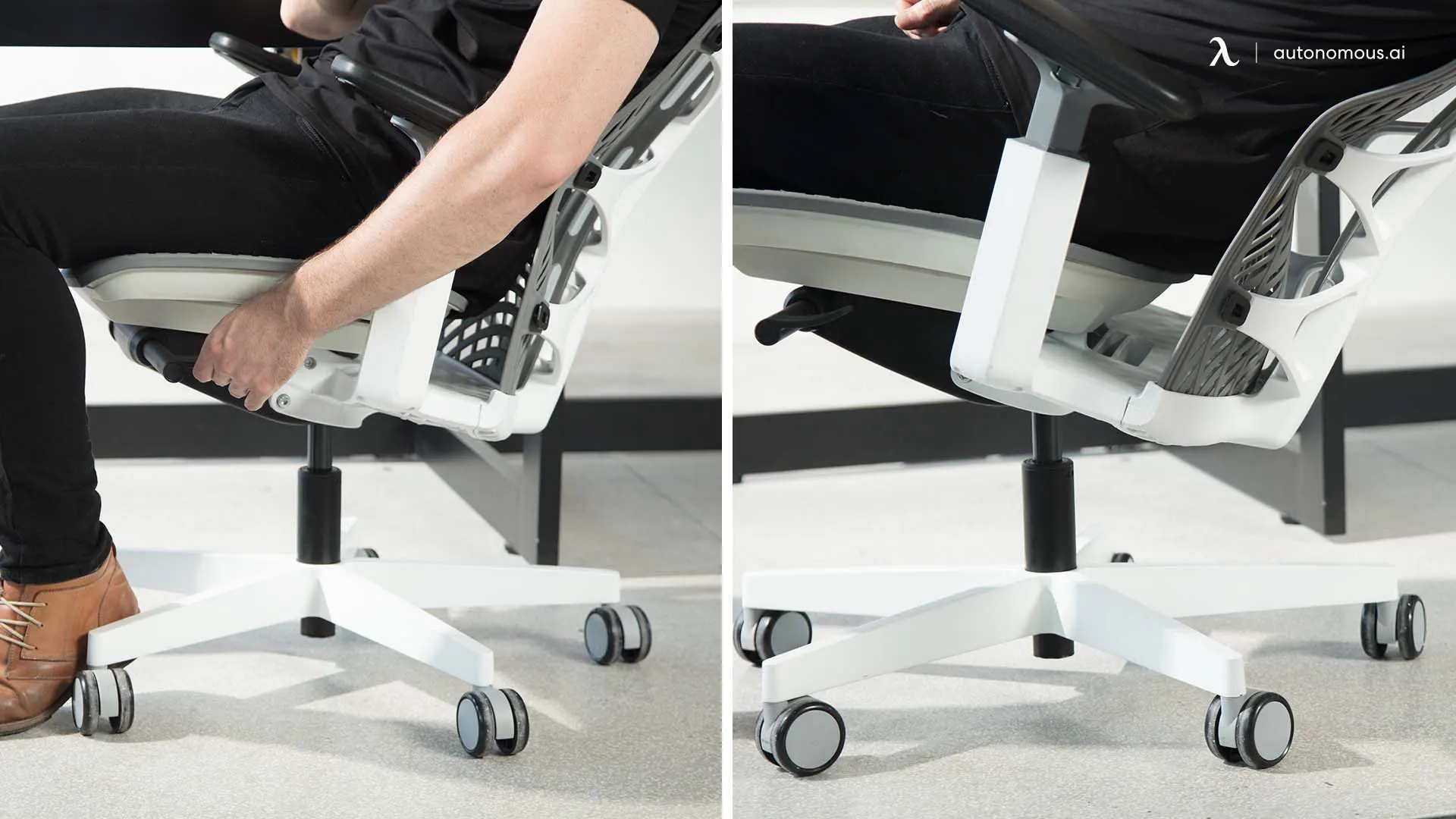
Synchro-Tilt vs. Swivel Tilt: Understanding The Tilt Mechanism
The tilt mechanism on your ergonomic chair is quite important. It allows you to sit back and keep your back in a comfortable position while you're seated. You can find multiple options depending on the type of chair. The two most common types include the synchro tilt and the swivel tilt, but it's also possible to find other options, such as the forward tilt or the knee tilt.
If you take a look at the different tilt mechanisms there are available as of now, you can choose one that suits you better, and it’ll be easier for you to remain comfortable throughout your work sessions. That’s why, for today’s article, we’ll help you understand how your chair’s tilt mechanism works and how it contributes to the overall ergonomic level of your work area.
How Many Types of Tilt Mechanisms Exist?
It’s possible to find six different types of tilt mechanisms in the modern day. Before we start naming them, it’s necessary to understand how this part of an office chair works.
The tilt mechanism allows you to “swing” the backrest of your office chair. Hence, thanks to it, you can move your seat forward or backward, depending on how comfortable you feel. It helps you keep the angle of the seat even. You can adjust this feature through a knob, which you can usually find below the seat. Some chairs also allow you to lock the backrest at a determined angle.

That said, the tilt mechanism can be present on a chair in different ways, depending on its nature. Below we describe the different tilt mechanisms that you’ll be able to find in the current market:
Synchronized Tilt
A synchro tilt office chair possesses a very advanced tilt mechanism, as it adapts to the movements of your body (it "synchronizes" with your body), taking into account the backrest's inclination.
Typically, every time the backrest’s inclination increases by 30 percent, the seat raises its height level by 10 percent. This mechanism allows your body to be more comfortable as it releases weight from your spine. You can adjust the backrest via a knob, which can help you improve your comfort depending on your weight.
Single-Point Tilt
The single-point tilt on a reclining ergonomic chair is quite simple and the most basic option of all. It is often included on the least expensive office chairs. Typically, the tilt mechanism is located in the center area of the seat. It has a recline ratio of 1:1, as the seat rises its level in accordance with the backrest's angle. It can be a bit uncomfortable, but most options have a tension adjustment that can help you keep things balanced.

Knee Tilt
The knee tilt has a pivoting point at the very edge of the seat. While it can be a bit basic, it is a better option than single-point tilts due to the location of the mechanism, which allows the user to keep the seat level even as the backrest angle changes. It's quite common in executive chairs. However, these chairs may not have the best ergonomic features.
Forward Tilt
The office chair forward tilt is quite common, and although the mechanism is quite simple, it’s actually very good. This tilting mechanism can be an excellent option for people who tend to sit on the edge of the chair or lean forward very often. The seat pan dips below the horizon based on how much pressure you apply to the seat as you lean forward. Some of the best chairs for back pain include this tilt mechanism.
Forward Glide
The forward glide tilt mechanism is another good option for specific users. The seat pan of these chairs moves forward and down depending on the degree of inclination of the backrest. This mechanism is included in some of the most popular office chairs by renowned brands. While it’s an odd way for an office chair to work, it can be advantageous in different ways.
Multifunction or Asynchronous Tilt Mechanism
The last type of tilt mechanism is potentially what makes a chair the best ergonomic chair due to the high degree of personalization. You can change the tilt of the backrest and the seat as you please without one affecting the other. This way, you can find the right spot and can maximize the comfort of your chair depending on what you need at the moment.
Synchro Tilt vs. Swivel Tilt: Which One to Choose?
As we’ve described above, there are different types of tilt mechanisms that you can choose. However, the synchro and swivel tilt mechanisms happen to be the most popular options in the market. The best ergonomic chair for you is the one that makes you feel the most comfortable while you're sitting and concentrating on your work. So, if you want to make sure that you're making the right decision, take into account the following factors:
- The synchro tilt can be a better option for people who tend to move a lot while they’re sitting on their chairs. This way, you can ensure your comfort regardless of the position you adopt while you’re sitting.
- The swivel tilt is better for those who prefer manual configuration. This way, you can personalize your chair better based on the unique proportions of your body.
Either option is great, as they can accommodate different users. Your computer ergonomic chair should have enough features for you to feel comfortable while you’re using it. Hence, it’s highly recommendable for you to analyze the tilt mechanism to make sure that it’ll help your body be as relaxed as possible while you’re sitting.

The Bottom Line
The tilt mechanism is one of the most important parts of an office chair. There are tons of options that you can consider, so it’s essential for you to spend some time figuring out what the best option for you may be. This way, you can ensure that you’ll get the best ergonomic chair for your case.
Remember that you’ll use this chair for prolonged periods. Thus, it should allow you to be comfortable at all times.
Spread the word
.svg)







